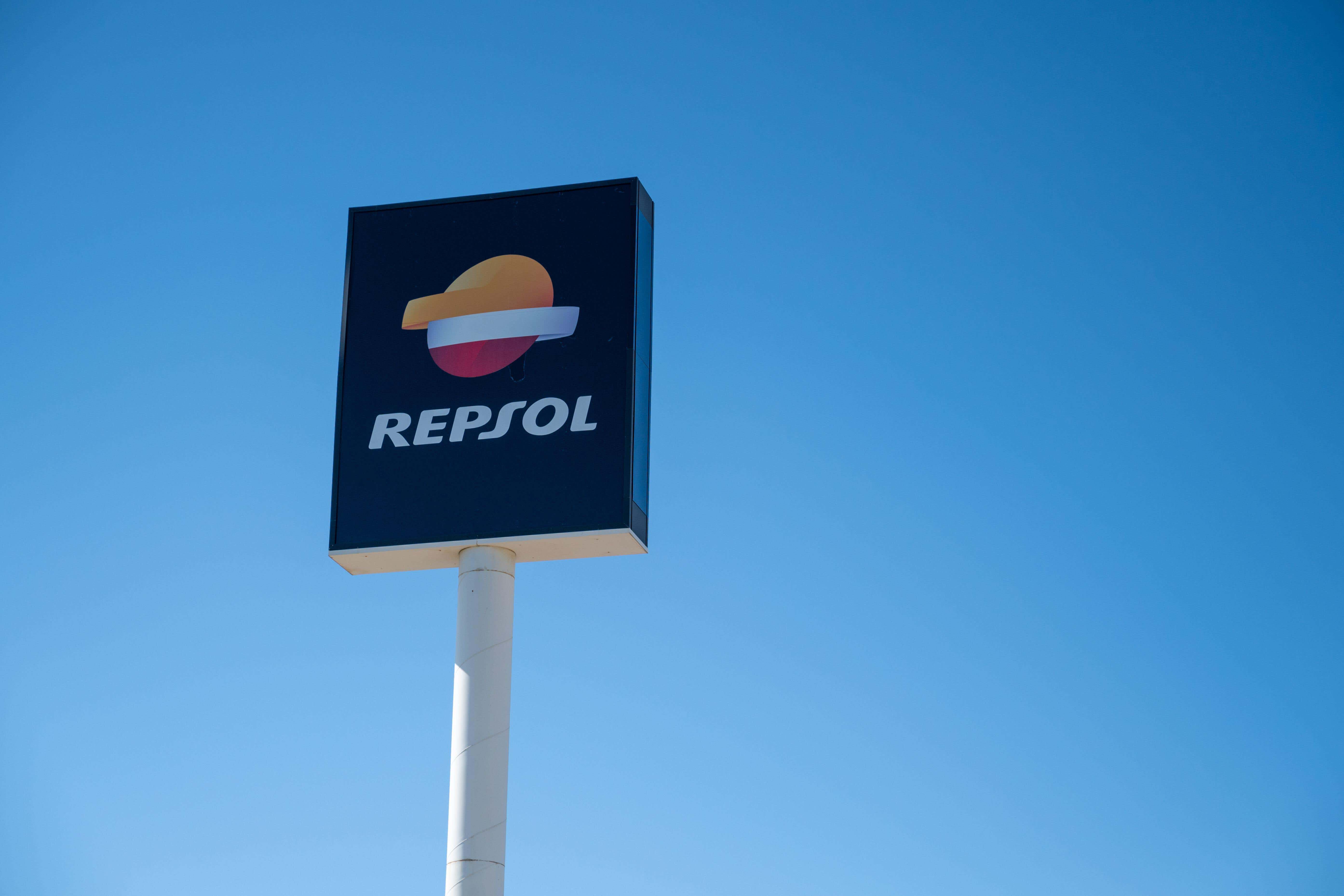Energy firm fined £160,000 for flaring gas without consent
Repsol has until early January to pay the fine.

Your support helps us to tell the story
From reproductive rights to climate change to Big Tech, The Independent is on the ground when the story is developing. Whether it's investigating the financials of Elon Musk's pro-Trump PAC or producing our latest documentary, 'The A Word', which shines a light on the American women fighting for reproductive rights, we know how important it is to parse out the facts from the messaging.
At such a critical moment in US history, we need reporters on the ground. Your donation allows us to keep sending journalists to speak to both sides of the story.
The Independent is trusted by Americans across the entire political spectrum. And unlike many other quality news outlets, we choose not to lock Americans out of our reporting and analysis with paywalls. We believe quality journalism should be available to everyone, paid for by those who can afford it.
Your support makes all the difference.An oil and gas company has been handed the highest fine to date by the North Sea Transition Authority (NSTA) for flaring and venting more than 73 tonnes of gas without consent.
Petrochemical giant Repsol will have to pay £160,000 for the series of offences, which took place across the Auk North, Halley and Fulmar fields in Scottish waters last year.
It marks the highest fine the NSTA has ever given for emitting greenhouse gases without the appropriate permission.
The NSTA said the fine recognises Repsol’s failure may undermine public trust and confidence in the oil and gas industry, and raises questions about the company’s attention to regulatory compliance.
The 73 tonnes consisted of 46.8te of hydrocarbon flaring and 36.8te of hydrocarbon venting.
Repsol was given a sanction notice on December 5, and was told it must pay the fine within 30 days of the notice being given.
NSTA director of regulation Jane de Lozey said: “Reducing emissions and meeting regulatory requirements is absolutely essential if industry is going to maintain its social licence to operate.
We will continue to ensure that operators comply with regulations in the North Sea and will not hesitate to take action on the occasions that they do not
“Repsol has engaged with the NSTA to learn from its failings on this occasion and taken steps to ensure it does not happen again.
“We will continue to ensure that operators comply with regulations in the North Sea and will not hesitate to take action on the occasions that they do not.
“The NSTA is always ready to work with operators to ensure they remain in compliance, or bring them back into compliance.”
Repsol is a multinational company with a worldwide presence.
Its headquarters is in Madrid, Spain, and according to Forbes, it was the 320th largest company in the world as of 2022.
The NSTA says the oil and gas industry as a whole has responded positively in reducing carbon emissions, having almost halved North Sea flaring as part of ongoing work which has led to greenhouse gases being cut by 23% between 2018 and 2022.
The second highest fine issued by the NSTA was £150,000, though the Energy Act 2016 gives the NSTA the right to give fines of up to £1 million.
Repsol operates the Fulmar facility, which is situated east of Dundee in the central North Sea.
The company has been granted short-term flare and vent consents since January 2019 as a necessity.
Since July 2020, the short-term flare consents have noted the main users of the Fulmar platform are now third parties, with the facility providing oil and gas processing facilities for different companies.
However, the NSTA informed Repsol on July 1, 2022 that there were no valid consents in place for Auk North, Halley and Fulmar.
The company was warned continuing to flare or vent after consent expired on June 30, 2022 would mean it would fail to comply with regulatory requirements.
A spokesperson for Repsol Resources UK said: “We have accepted responsibility for unauthorised flaring and venting at our Auk North, Halley and Fulmar fields.
“We co-operated fully with the NSTA’s investigation and have taken steps to mitigate the possibility of any future breaches.”